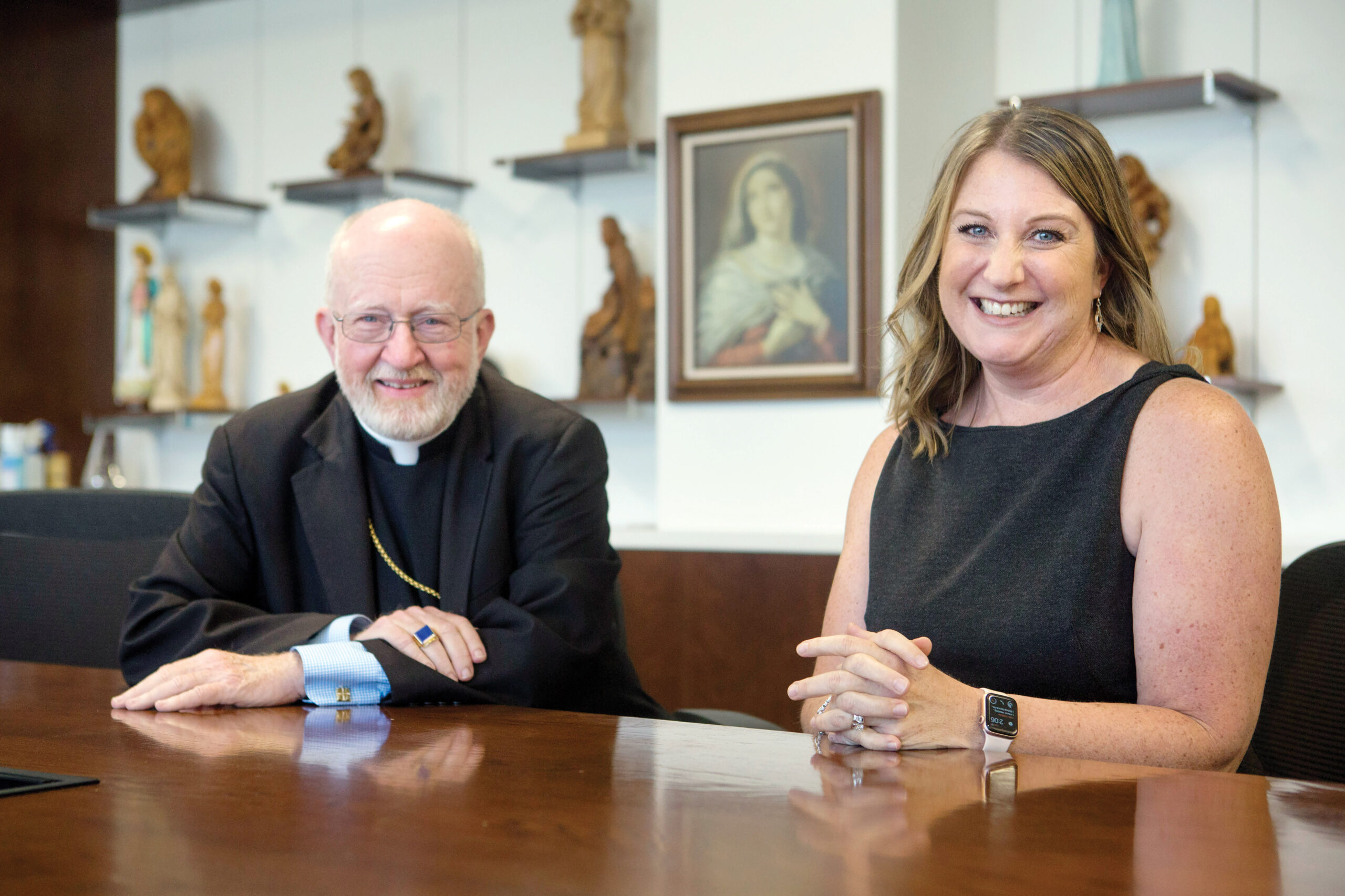There is no additional consensus on abortion, which makes last week’s vote on the Women’s Health Protection Act in the US House of Representatives unimaginable within the diverse reality of our democracy. There were 218 members of Congress who voted in favor of imposing their values about abortion on the rest of the country, abolishing state laws and decimating conscience protections.
The Women’s Health Protection Act would force abortion on demand in every state, bulldozing hard-won abortion restrictions in places across the country. This means in those states that currently have parental notification, children will lose the counsel of their parents on the life-changing (and life-ending) choice of abortion.
In those states with ultrasound and counseling requirements, women will lose the ability to see their babies in utero and be provided support and resources when they want to parent or place their babies for adoption. Women living in poverty will not be given resources for housing, nutrition or healthcare that would allow them to parent their babies. Women escaping dangerous living conditions will not be told that they and their babies can both be saved.
In those states that currently have restrictions based on fetal criteria, female babies could be aborted just for being girls and children with Down syndrome will be eliminated when what they really need is to be welcomed by parents who are prepared and supported to raise a special child.
The Women’s Health Protection Act would likely obliterate all conscience protection measures, compelling healthcare providers to perform or refer for abortion against their deeply-held beliefs and would require all Americans to support abortion through their tax dollars.
For a bill with such dramatic and sweeping federal effect on states’ autonomy, one might imagine that it had overwhelming constituent support. That is not the case. According to an AP poll this summer, 49% of respondents hold that anyone should be able to obtain an abortion at any time, and 50% hold that should not be the case. Further, while a majority of Americans support abortion in the first trimester, 65% hold that it should be illegal in the second trimester and 80% in the third trimester.
Thirty-eight states have some abortion-restriction laws, including protection for minors, ultrasound or counseling requirements or laws around viability. Twelve states have laws that would banabortion outright, if Roe v Wade were overturned. In 2021 alone, 28 new state abortion-restricting laws were enacted in a single week in April, making this year the “worst legislative year ever for US abortion rights” according to the Guttmacher Institute.
The Women’s Health Protection Act is far out of step with the values most Americans hold regarding abortion.
Thankfully, it is highly unlikely the Women’s Health Protection Act will pass the Senate during this Congress. The vote in the House of Representatives was, therefore, more symbolic than effective. But, symbolic of what?
The Women’s Health Protection Act does not remedy maternal health inequities, expand prenatal care, provide research for women’s cancers or fund mental health intervention. It only offers abortion. Abortion at all costs.
In a world where women repeatedly state that they are not able to have the children they desire, and where birthrates are falling to below replacement in the United States, lawmakers are not listening to women who want children and families. Rather than asking the right questions, they offer abortion as the only solution.
Abortion proponents insist that access to abortion is the key component to securing economic freedom and equality for women. This singular view means they see no need to build structures that encourage women to keep and parent their children. Progressives’ guarantee of abortion access, in effect, discourages solutions for women who choose to parent their children amidst economic or personal hardship.
Women don’t want abortion. When asked, they will tell you that they want to be respected. They want choices they can live with, not quick fixes that cover up underlying problems. They want friends and mentors who encourage and support their motherhood, even amidst difficulty. They want to be able to have families and careers, with flexibility that allows them to thrive in both roles. They want practical resources that alleviate stress, particularly if they are single mothers. Most of all, women want to be affirmed that they are strong and capable and that their womanhood and their motherhood is valued.
Where abortion is not an option, communities rally to provide resources to help moms and babies thrive—often taking the form of material assistance (diapers, car seats) and referrals to resources (WIC, Medicaid, housing) or helpers (childcare, mentors, parenting classes).
What we need at this moment is the imagination to see what a caring community could be. Can we listen to women and families? Are we willing to walk with others through difficulties? Will we do what it takes to meet needs? Do we truly understand our interconnectedness?
We can and should take time now to hold our lawmakers accountable for voting for a terrible bill that is not only ideologically reprehensible but a bad public policy precedent. At the same time, let’s recommit now to leading with mercy so that love and life can flourish

